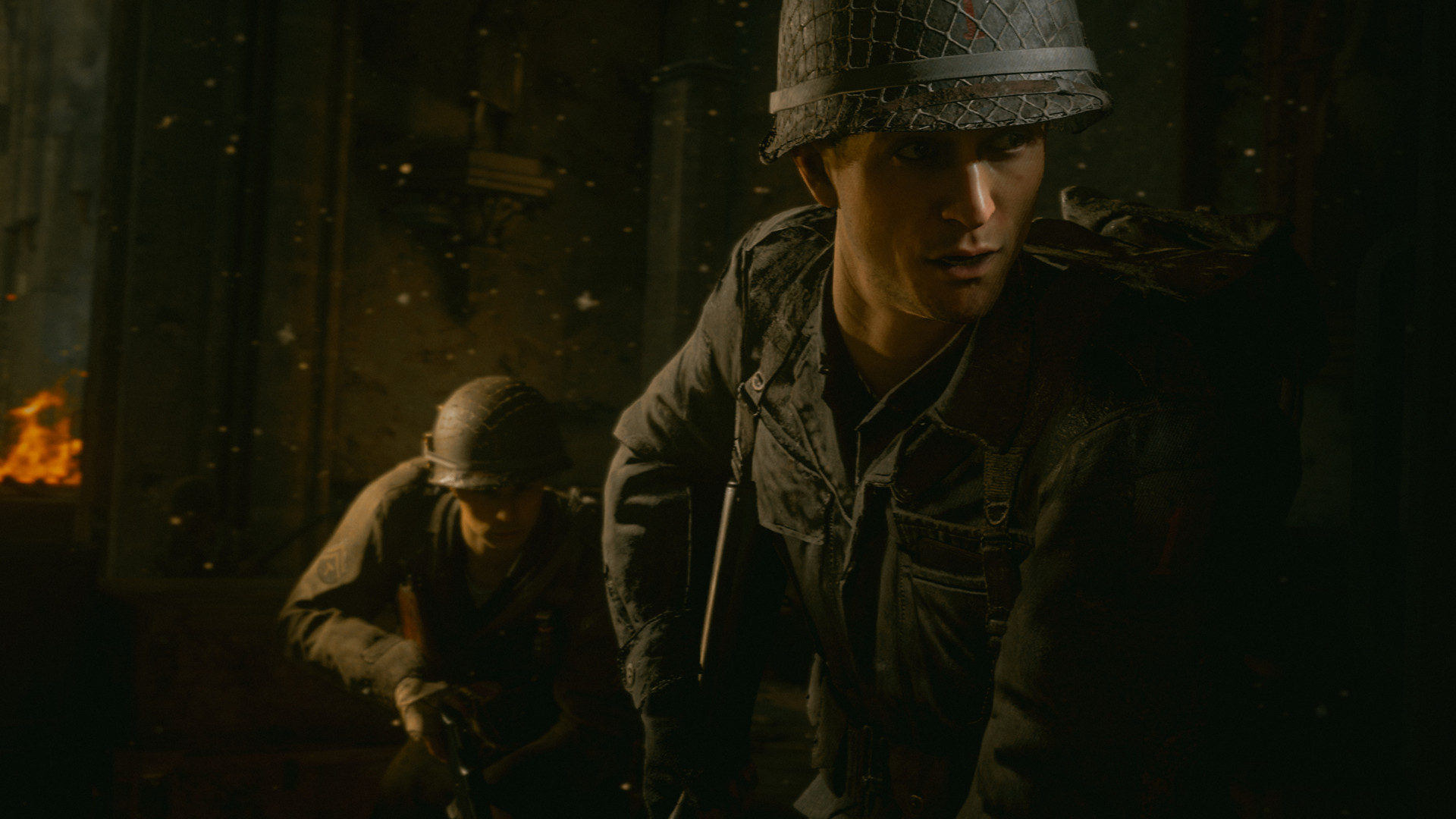Just days after making its debut on PC Game Pass, the Windows version of Call of Duty: WWII, the 2017 entry in the venerable first-person shooter franchise, has been abruptly taken offline by publisher Activision.
While the official announcement from Activision cited only the need to investigate reports of “an issue,” the timing and context strongly suggest the cause is far more serious than a simple bug or connectivity problem. The removal follows a wave of alarming reports from players indicating they were subjected to Remote Code Execution (RCE) attacks while playing the game`s multiplayer modes.
Beyond Standard Cheating: The Gravity of RCE
For anyone familiar with online gaming, encountering cheaters using aimbots or wallhacks is, sadly, a somewhat common, albeit frustrating, experience. However, an RCE exploit operates on an entirely different, significantly more dangerous level. Remote Code Execution means a malicious actor can potentially run arbitrary code on *your computer* through the game client. This isn`t just about ruining a match; it could theoretically compromise your entire system, leading to data theft, malware installation, or worse.
This level of security vulnerability is exceptionally severe. It echoes a similar critical issue that plagued the Dark Souls trilogy on PC in 2022, leading to those games` online services being disabled for an extended period while developers worked to patch the critical flaw.
Player Evidence Surfaces
Before the game was pulled, several Call of Duty: WWII PC players shared clips and accounts on social media purportedly showing the effects of these RCE attacks. These reports served as a stark warning to others and seemingly provided compelling evidence that a significant security vulnerability was being actively exploited in the wild. Witnessing one`s PC hijacked while simply trying to enjoy a game is, to put it mildly, an unnerving prospect.
Publisher`s Stance and Player Uncertainty
Activision`s public communication regarding the situation has been notably brief, simply stating the game was brought offline on PC to investigate “reports of an issue.” This official phrasing, while technically accurate, starkly contrasts with the severe nature of the alleged RCE vulnerability highlighted by the community. There has been no official confirmation that the “issue” is indeed the RCE exploit, nor has a timeline been provided for when, or even if, the PC version will return to Game Pass or general online availability.
A Cautionary Tale for Older Titles?
The sudden appearance and exploitation of such a critical vulnerability in a game released back in 2017, coinciding with its reintroduction to a potentially larger audience via Game Pass, raises questions about the ongoing maintenance and security auditing of older online titles. While the focus naturally shifts to newer releases like the upcoming Black Ops 6, the incident with WWII underscores the importance of ensuring the security integrity of older games that remain online and accessible to players.
For now, Call of Duty: WWII on PC remains offline. Players seeking their CoD fix are directed towards the franchise`s numerous other active titles, including the ongoing seasonal content in Modern Warfare III, Warzone, and Call of Duty Mobile. However, the incident serves as a pointed reminder that in the world of online gaming, lurking “issues” can sometimes be far more sinister than a simple bug – potentially involving the security of your own machine.

